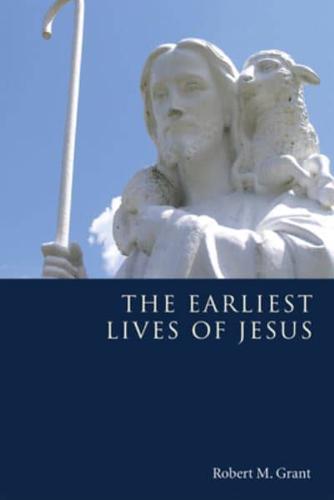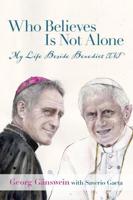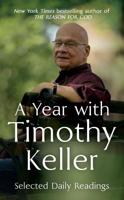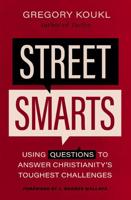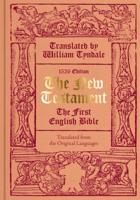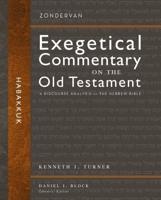Publisher's Synopsis
""The problem of the way in which patristic exegetes viewed the New Testament, and indeed the whole Bible, has concerned scholars a good deal in recent years, especially since it has been discovered that many of the Fathers' methods were analogous to our own. The problem of historical criticism, however, does not seem to have occupied so much attention. . . . ""By concentrating on one problem, that of the life of Jesus, I have sought to see how early Christians up to and including Origen faced it, and what there is in their work which deserves retention or rejection."" --from the Preface ""A superb study of how early Christian exegetes brought their learning to bear on the interpretation, and defense, of the historicity of the gospels. In this book Grant masterfully demonstrated how much ancient Christian interpretive practice was rooted in the progymnasmata (""rhetorical exercises"") of Greco-Roman paideia, inaugurating a research agenda being actively pursued today. A seminal work that I am delighted to see back in print."" Margaret M. Mitchell University of Chicago Robert M. Grant is Carl Darling Buck Professor Emeritus, Department of New Testament & Early Christian Literature and Divinity School, University of Chicago. Throughout the academic world he is recognized as a foremost authority on ancient Christianity. He is the author of over 30 books on early Christianity, including Paul in the Roman World, A Short History of the Interpretation of the Bible, Gnosticism and Early Christianity, The Early Christian Doctrine of God, and Augustus to Constantine.
